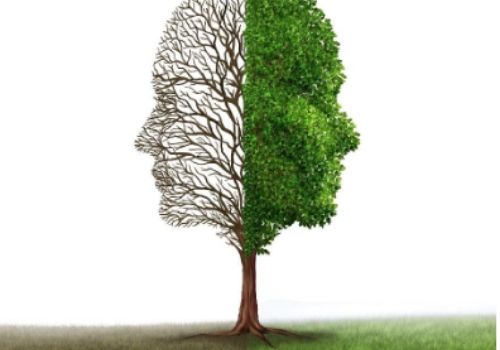Depression is a complex mental health condition that affects millions of individuals worldwide. While it is characterized by feelings of sadness, low mood, and a loss of interest in activities, depression can also significantly impact how we see the world and ourselves. In this article discussion, we will explore the ways in which depression distorts our perception and self-image, and more importantly, we will highlight strategies to challenge these skewed thoughts and regain a healthier outlook.
Why The Lens of Negativity:
Depression acts as a lens through which we perceive the world, often tinting everything in shades of negativity. This negative bias influences our interpretation of events, relationships, and experiences. We tend to focus on the negative aspects while disregarding positive aspects, leading to a distorted perspective. This skewed perception reinforces depressive thoughts and feelings, creating a vicious cycle that is challenging to break.
Cognitive Distortions
Depression often gives rise to cognitive distortions—irrational and exaggerated thought patterns that reinforce negative beliefs about ourselves and the world. Some common cognitive distortions associated with depression include:
- All-or-Nothing Thinking:
Seeing situations as either perfect or a complete failure, without considering the shades of gray in between. - Overgeneralization:
Drawing broad conclusions based on a single negative event, leading to a belief that all future experiences will be negative. - Personalization:
Assuming responsibility for negative outcomes or events, even when they are beyond our control. - Catastrophizing:
Blowing things out of proportion and expecting the worst possible outcome.
Ways to Challenge Skewed Thoughts:
- Recognize and Identify Distorted Thoughts:
Start by paying attention to your thoughts and identifying patterns of negative thinking. Recognize when you’re engaging in cognitive distortions and challenge their validity. - Gather Evidence:
Actively seek evidence to counteract negative thoughts. Look for alternative explanations or interpretations that are more realistic and positive. This process helps to create a more balanced perspective. - Practice Self-Compassion:
Treat yourself with kindness and understanding. Replace self-critical thoughts with self-compassionate ones. Acknowledge that everyone makes mistakes and that setbacks are a natural part of life. - Seek Support:
Reach out to friends, family, or a mental health professional. Sharing your thoughts and feelings with trusted individuals can provide a fresh perspective and support you in challenging distorted thoughts. - Reframe Negative Self-Talk:
Replace negative self-talk with positive and empowering statements. Challenge self-defeating beliefs and focus on your strengths and achievements. Developing a more positive self-image can gradually reshape your perception of the world. - Engage in Healthy Habits:
Incorporate self-care activities into your routine. Regular exercise, proper nutrition, and sufficient sleep can positively impact your mental well-being, enhancing your ability to challenge negative thoughts.
 Depression profoundly affects how we see the world and ourselves, often distorting our perception and self-image. However, by recognizing and challenging skewed thoughts, we can regain a healthier perspective. It is essential to practice self-compassion, seek support, and engage in positive self-talk. Remember, overcoming depression takes time and effort, but with the right strategies and support, it is possible to challenge these distorted thoughts and embrace a more positive outlook on life.
Depression profoundly affects how we see the world and ourselves, often distorting our perception and self-image. However, by recognizing and challenging skewed thoughts, we can regain a healthier perspective. It is essential to practice self-compassion, seek support, and engage in positive self-talk. Remember, overcoming depression takes time and effort, but with the right strategies and support, it is possible to challenge these distorted thoughts and embrace a more positive outlook on life.



